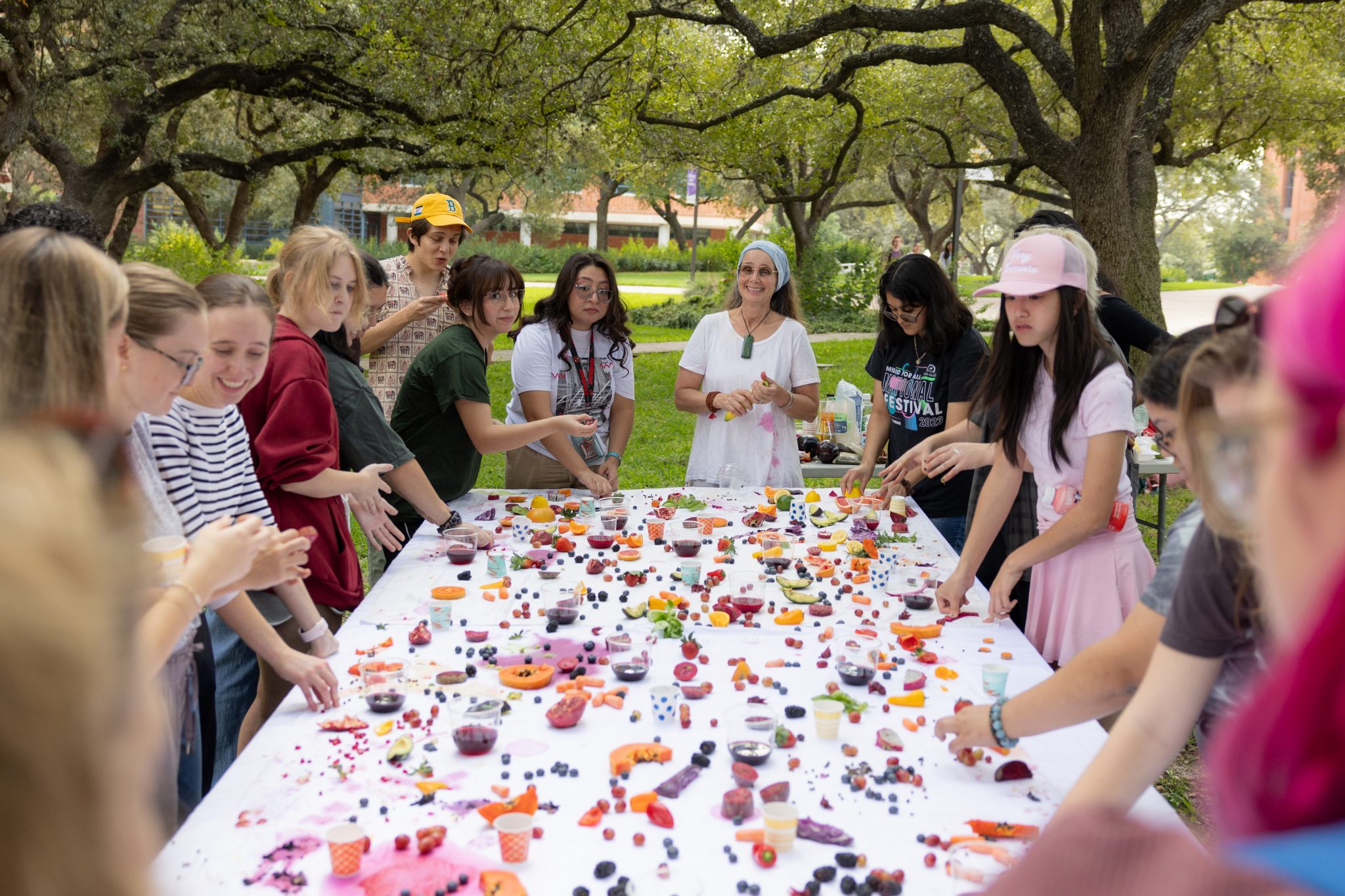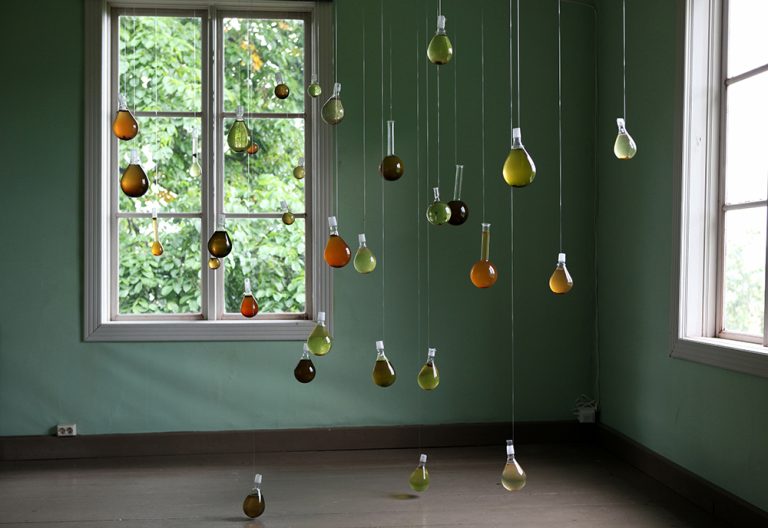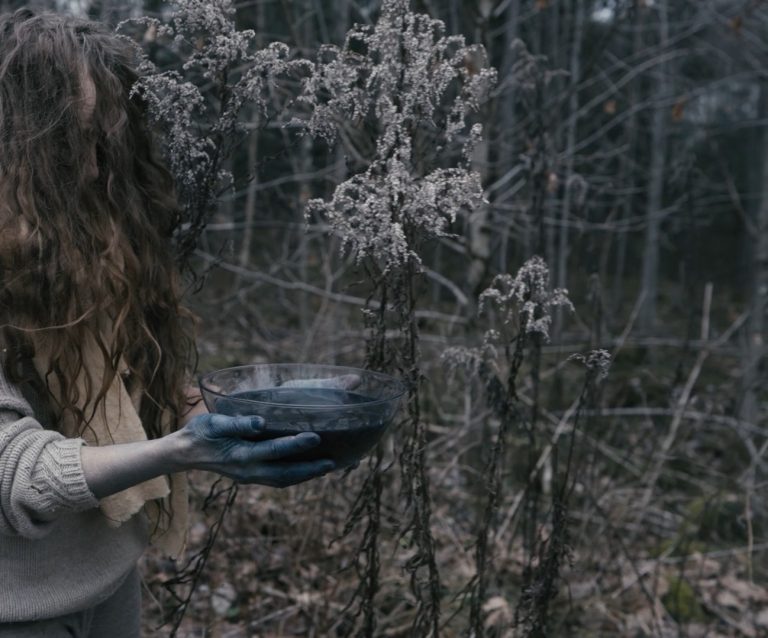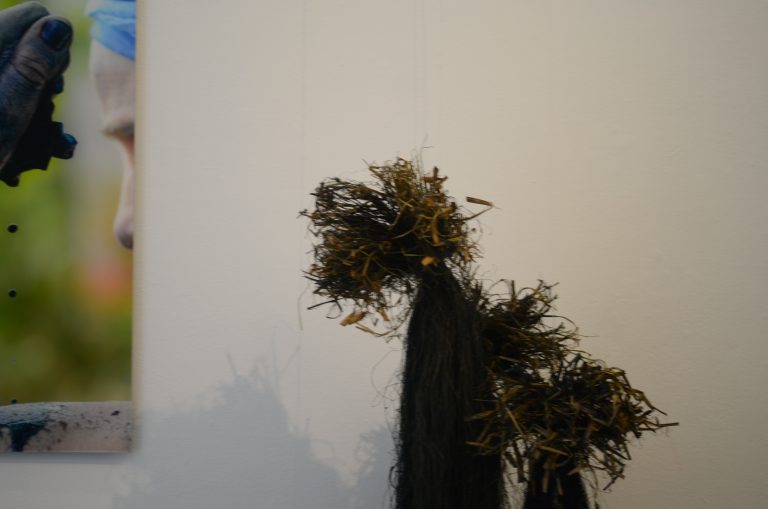I was invited to be the keynote speaker at the Atkins Goethe conference at Trinity Univ—Texas, on the 7th – 9th of November 2024.
“Colour and Natural Dye in Anthropocene”

In times of overwhelming narratives with challenging planetary emergencies, artists play a crucial role in the unravelling of ecological fairness for a sustainable future. Colour, textiles, and food act as powerful conduits for expressing cultural connections, emotions, and identities, so recognising the history of colour management, as well as how colour has been colonised and capitalised, is crucial in the greater conversation on the impending poly-crises. The traces of colonisation are woven into our landscapes, permeating the oceans’ waters and our epigenetic makeup and hidden behind doors of deception.
“Colour and Natural Dye in the Anthropocene”
Plants, colour, textiles, and food serve as powerful channels to express cultural connections, emotions, and identities. Recognising the history of colour management, as well as how colour has been colonized and capitalized, is crucial in the broader conversation surrounding the polycrisis. Blue—indigo/vejde blue—remains one of the most complex and charged colours in our collective memory. It is a colour that carries stories of power, divinity, the sea, the sky, peace, and care.
My presentation focused on my artistic work surrounding colour, plants, water, poetry, and fibres, with an emphasis on the history of colour management, particularly how plants and their colours—such as blue (indigo) and red—have been colonized, capitalized, and ultimately synthesized into synthetic colours. These colours share a singular, and surprising, origin story linked to modern psychiatric medications in the 1800s, colour textile fabric, and synthetic indigo were launched as “Indigo Pure BASF,” the “king” of natural dyes in 1897. Textile and colour as a political island in Goethe’s Welt/Welten.
I concluded by asking the question: how should we view colour in the future? This concerned colour as a phenomenon: fish among jellyfish, the potential of plant colours for health, care, resilience, or perhaps as a world where plant colours not only cover the earth’s surface but also communicate and integrate with human society in complex ways. This artistic work, which I have deeply engaged with throughout my career, now found a place as a whole.

During my two-week stay in San Antonio and Austin I was also invited to show my eco-poetic film and making a interactive performance with the Students and teachers at Trinity University.
The pictures below is from my interactive Performance with students and teachers at Trinity University in San Antonio, Texas! An interactive performance where we met around the white linen cloth, with fruit and vegetables to talk, eat and create colour. In contrast, we talked about plants, dyeing, the history of colour, food scraps and today’s food waste and how food and textiles are connected in today’s synthetic colours and the plastics that we have in everything, which pollute us humans, our waters, seas and our earth.


For over 25 years I have immersed myself in the contact between species and woven textile art, colors, water, textile history, ecology, care and activism to shift perspectives on ecological issues of color, and how the history of colonialism is direct linked with our current issues of our environment and krises we know face.
https://www.goethesociety.org/news?category=Atkins%20Conference
“The 2024 Atkins conference topic centers arounds concepts of Welt/en-World/s with the questions of how the human (and non-human) relationship to the “world” is portrayed; whether “Welt” is understood to be material or otherwise; and whether it is the world around us as UmWELT, or as cosmopolitan expanse and colonial space for imperialism. On the one hand, such a focus on “Welt” reveals an awareness of the limitations of parochial perspectives and an interest in forging broader networks and understandings; and, on the other hand, “Welt” points to an array of categories plagued by dualisms or racist, sexist, and classist connotations as the Europeans experience or imagine other peoples, other places, other species, and other forms of knowledge. Conceptions of “world/s” might resonate in terms of, or in contrast to, the planet, globalism, nation, continent, “nature,” or realms that designate gender, class, race, psychological states, etc”
Photos: Anh-Viet Dinh





